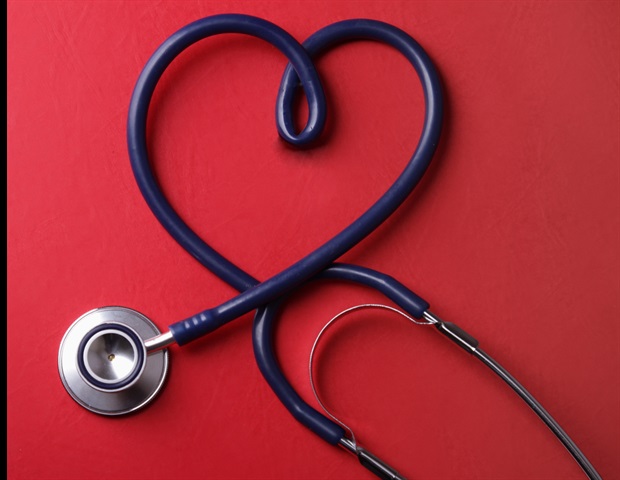
Heart problems continues to guide as the first reason for dying throughout the globe, taking hundreds of thousands of lives yearly. Injury brought on by these illnesses is especially tough to restore, for the reason that coronary heart has minimal capability to regenerate itself. However what if we might reprogram the physique’s personal cells to revive broken tissue? This groundbreaking query has been tackled by scientists at Korea College, led by Dr. Myeong-Hwa Track. The staff has unveiled an revolutionary method to transform fibroblasts-;frequent connective tissue cells-;into mature and purposeful induced cardiomyocytes (iCMs). Their technique depends on combining fibroblast development issue 4 (FGF4) with vitamin C, a pairing that accelerates cell maturation and enhances perform.
“Our findings convey us nearer to remodeling regenerative medication into sensible therapies,” says Dr. Track, who relies at Korea College’s Division of Cardiology and in Seoul, South Korea. “This analysis takes an vital step towards utilizing a affected person’s personal cells to restore their coronary heart.” Direct cardiac reprogramming, a course of that bypasses the intermediate stem cell stage, permits fibroblasts to be transformed into iCMs. Whereas this method holds important promise, scientists have struggled to supply mature and totally purposeful cardiomyocytes. The Korea College staff addressed this hurdle by activating a important mobile mechanism: the JAK2–STAT3 signaling pathway.
By means of their analysis, the scientists employed superior methods like RNA sequencing, fluorescence imaging, and electrophysiological testing. Their outcomes revealed key enhancements: higher cell construction with well-defined sarcomeres and T-tubules, enhanced electrical exercise with improved ion channel perform, and a better effectivity in producing mature, totally reprogrammed cardiomyocytes. Dr. Track defined that the JAK2-STAT3 pathway was essential to those outcomes, enabling the induction of cells that intently mimic the construction and performance of pure cardiomyocytes.
This discovery, revealed in Experimental & Molecular Drugs on October 10, 2024, holds super promise for regenerative medication. By selling mature cardiomyocytes from a affected person’s personal tissue, it could sooner or later be doable to restore harm from coronary heart assaults or different cardiovascular circumstances. Such an method might scale back reliance on coronary heart transplants and probably revolutionize remedies for hundreds of thousands of sufferers.
Nevertheless, additional research are obligatory to make sure this technique is each secure and efficient for medical use. “We’re thrilled with these outcomes, however that is just the start,” says Prof. Track. “Extra analysis shall be required earlier than we are able to convey this method to sufferers. That mentioned, the chances are extremely thrilling.” If translated into remedy, this system might present a personalised resolution for regenerating coronary heart tissue, establishing a big advance in combating heart problems.
Supply:
Journal reference:
Jun, S., et al. (2024). FGF4 and ascorbic acid improve the maturation of induced cardiomyocytes by activating JAK2–STAT3 signaling. Experimental & Molecular Drugs. doi.org/10.1038/s12276-024-01321-z.
